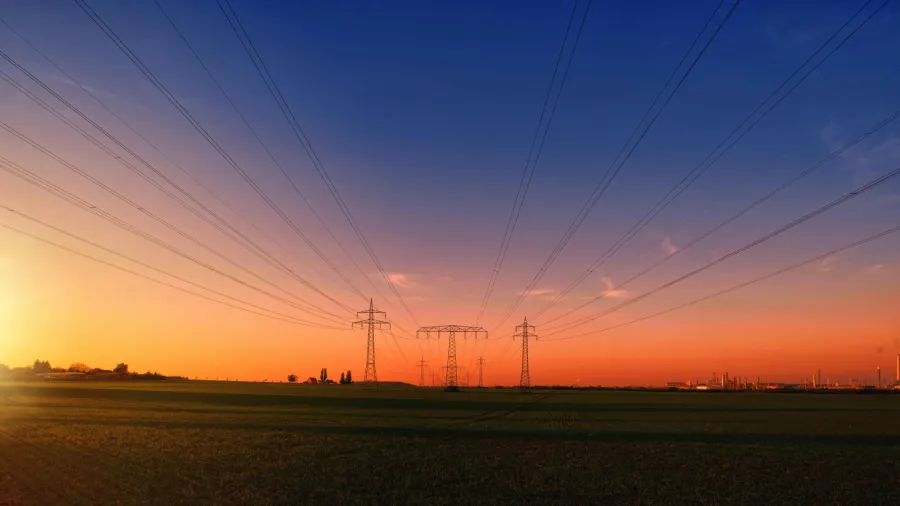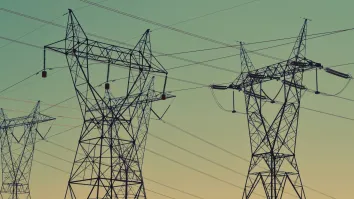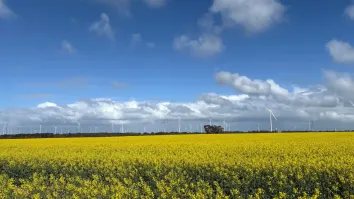
SEA to account for 25% of global energy demand growth by 2035
It is driven by rapid economic growth and population increase.
Southeast Asia is projected to account for 25% of the increase in energy consumption between now and 2035, according to a new report from the International Energy Agency (IEA).
This surge is largely fueled by rapid economic growth, population increases, and expanding manufacturing capabilities in the region.
Electricity demand is expected to surge by an annual rate of 4%, largely due to rising air conditioning use amid more frequent heatwaves. While clean energy sources such as wind, solar, and geothermal are anticipated to meet over a third of the growth in energy demand by 2035, carbon dioxide emissions in the region are projected to rise by 35% by mid-century.
To meet national climate goals and align with the upcoming COP28 climate conference, Southeast Asia must halve its emissions by 2050. Eight of the ten ASEAN member states have set net-zero emissions targets.
“Countries in the region have a diverse mix of energy sources including highly competitive renewables,” said IEA Executive Director Fatih Birol. “But clean energy technologies are not expanding quickly enough and the continued heavy reliance on fossil fuel imports is leaving countries highly exposed to future risks.”
The report emphasises the urgent need for increased clean energy investment, highlighting that Southeast Asia currently attracts only 2% of global clean energy investments despite comprising 6% of global GDP.
A fivefold increase, totaling $190b by 2035, is necessary to meet the region's climate and energy goals.
The region also needs to invest in modernising power grids to support renewable energy. Annual investments in this area should double to nearly $30b by 2035, facilitating cooperation initiatives like the ASEAN Power Grid and microgrids for remote communities.
The clean energy transition has already created over 85,000 jobs in Southeast Asia since 2019, with further potential for growth in technology manufacturing and critical minerals processing.
International cooperation, particularly through ASEAN, will be essential for securing clean energy transitions in the face of geopolitical tensions and climate risks. The IEA plans to support these efforts, marked by the opening of its new office in Singapore, its first outside Paris.

















 Advertise
Advertise





